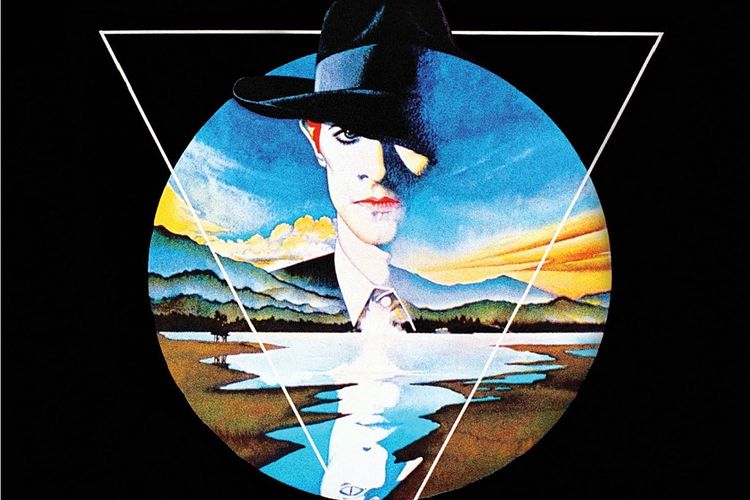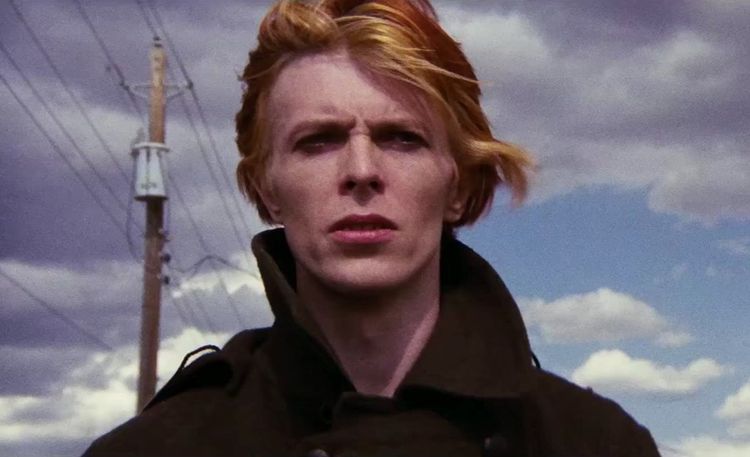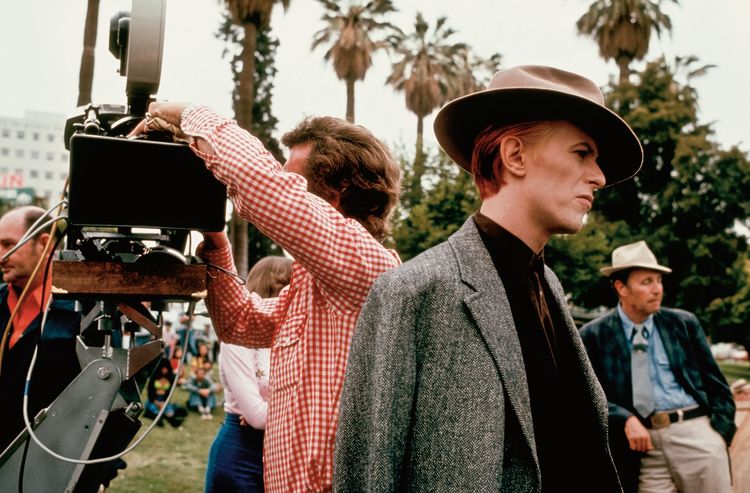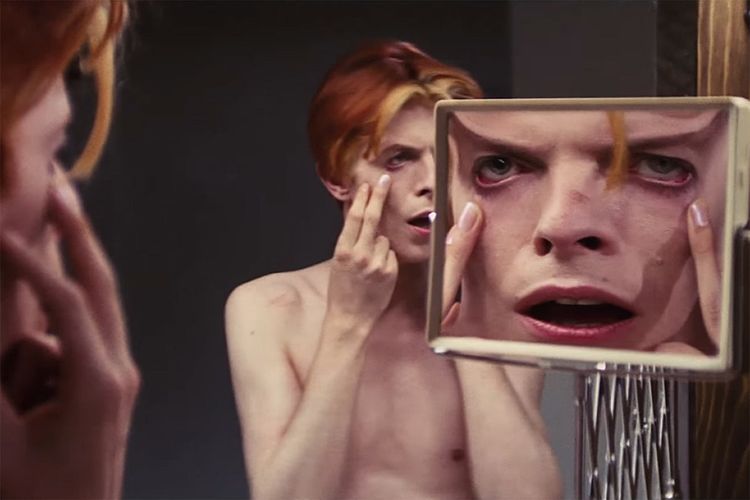David Bowie’s Film Legacy In The Man Who Fell To Earth
Singer David Bowie was already a household name in 1976 when the movie “The Man Who Fell to Earth” was released. Like Bowie himself, the movie was bold and thought-provoking, daring to tackle some thorny issues of the time such as capitalism, alienation, and the importance of conservation.

What’s It All About
Filmed in New Mexico, the movie was based on the 1963 Walter Tevis novel of the same name and was directed by Nicolas Roeg. The story examines the life of an extraterrestrial, Thomas Jerome Newton, who hails from a planet suffering the ravages of extreme drought. On a mission to find a means of shipping water back to his home planet, Newton’s spacecraft crashes in New Mexico, where he forges an entirely new life for himself.
Using advanced technology from his planet, Newton develops and secures patents for several new inventions, becoming extremely wealthy in the process. As the head of World Enterprises Corporation, he works on building a vehicle that would enable him to transport water to his drought-stricken planet. But after completing the project, he’s captured just as he attempts to leave Earth and is held in a luxury apartment, where he’s kept sedated with alcohol. Over time, he discovers his ‘prison’ is unlocked, and although he can leave, he discovers that he’s unable to return to his home planet.

David Bowie As The Lead
“The Man Who Fell To Earth” provided David Bowie with his first starring role in a major movie. The movie’s director had considered others for the part, including Mick Jagger and Peter O’Toole, but he felt that Bowie brought an other-worldly presence to the role. Bowie eventually incorporated stills from the film for two of his subsequent album covers. A curious twist: Bowie, who was an obsessive reader, brought 400 books with him to the film shoot location because he feared leaving them behind in New York.

Behavior That Could Be Considered Stranger Than Fiction
Bowie was supposedly using cocaine during the production of the film. Reflecting on his performance he admitted, “I just learned the lines for that day and did them the way I was feeling…I was stoned out of my mind from beginning to end.” However, the singer’s co-star, Candy Clark, is on record as saying that Bowie vowed “no drug use,” and that he was “focused, friendly, and professional” throughout filming.
At one point during production, Bowie thought he saw a yellow substance in the milk he was drinking and became fearful that he had been poisoned. After being transported to a hospital, Bowie was examined and medically cleared, with no evidence of poisoning detected.
In another odd twist, actor Rip Torn wandered off the set one day in order to go fishing. Later that day, the movie’s director of photography discovered that Torn was keeping his catch of the day in the bath where he was staying during filming.

Cult Status And A Lasting Legacy
“The Man Who Fell To Earth” is regarded as a cult classic and has long been considered a noteworthy science fiction film. Reviews of the movie, however, were mixed and ranged from criticism of the plot and gaps in logic to praise for innovative visuals and on-point acting. For his part, Bowie received a Saturn Award for Best Actor, as well as a subsequent starring role as Nikola Tesla in the science fantasy movie “The Prestige.”

